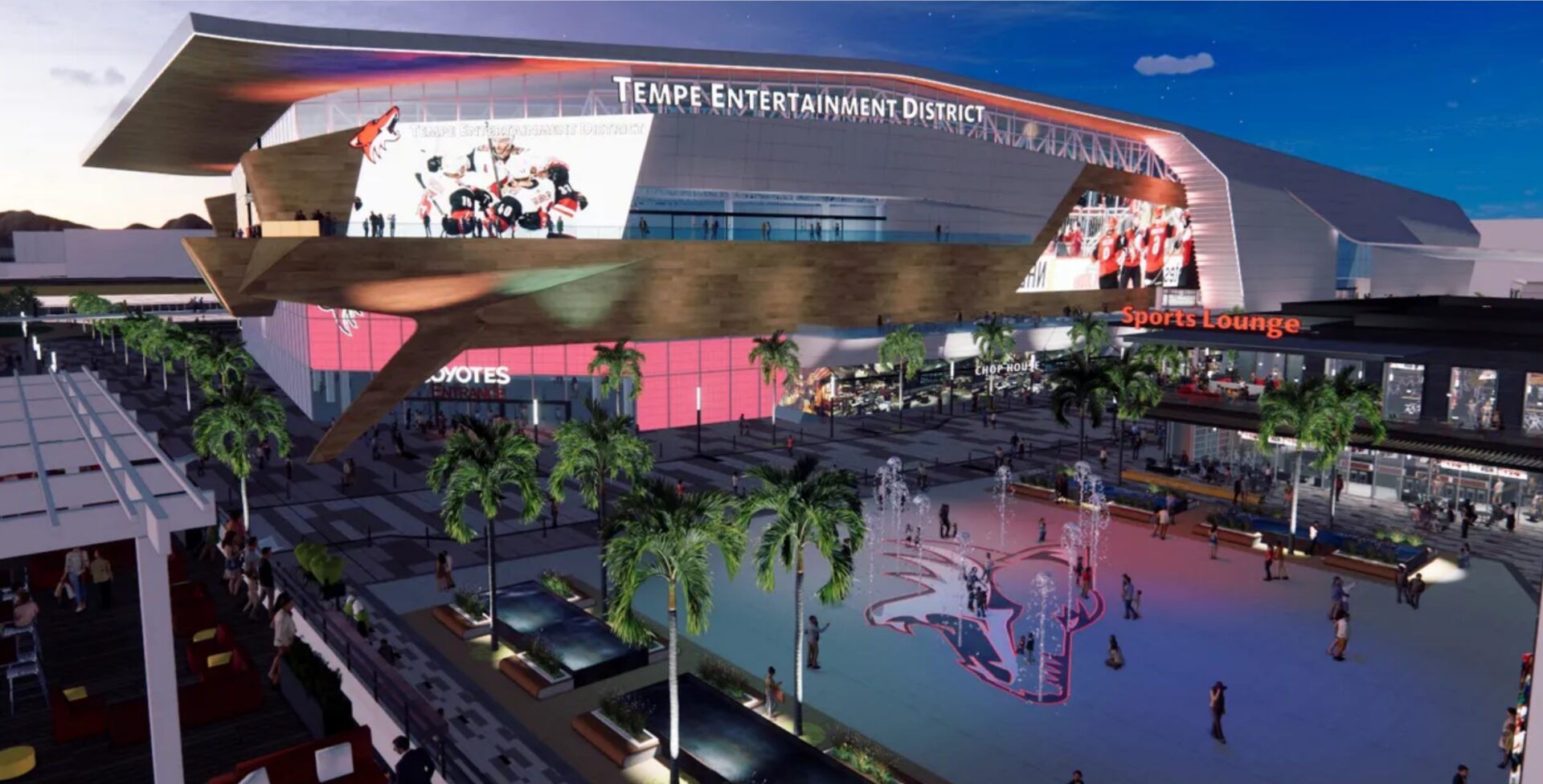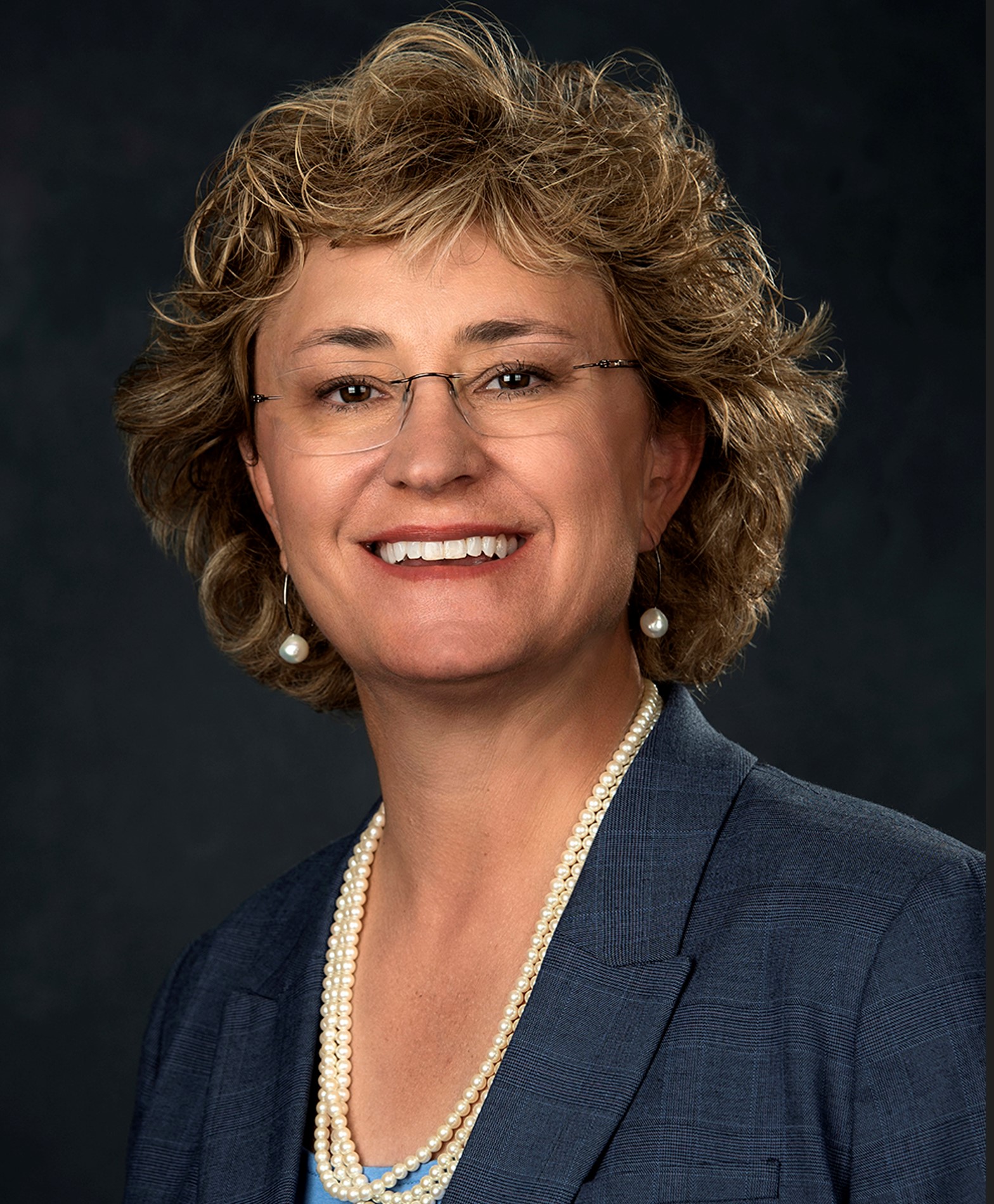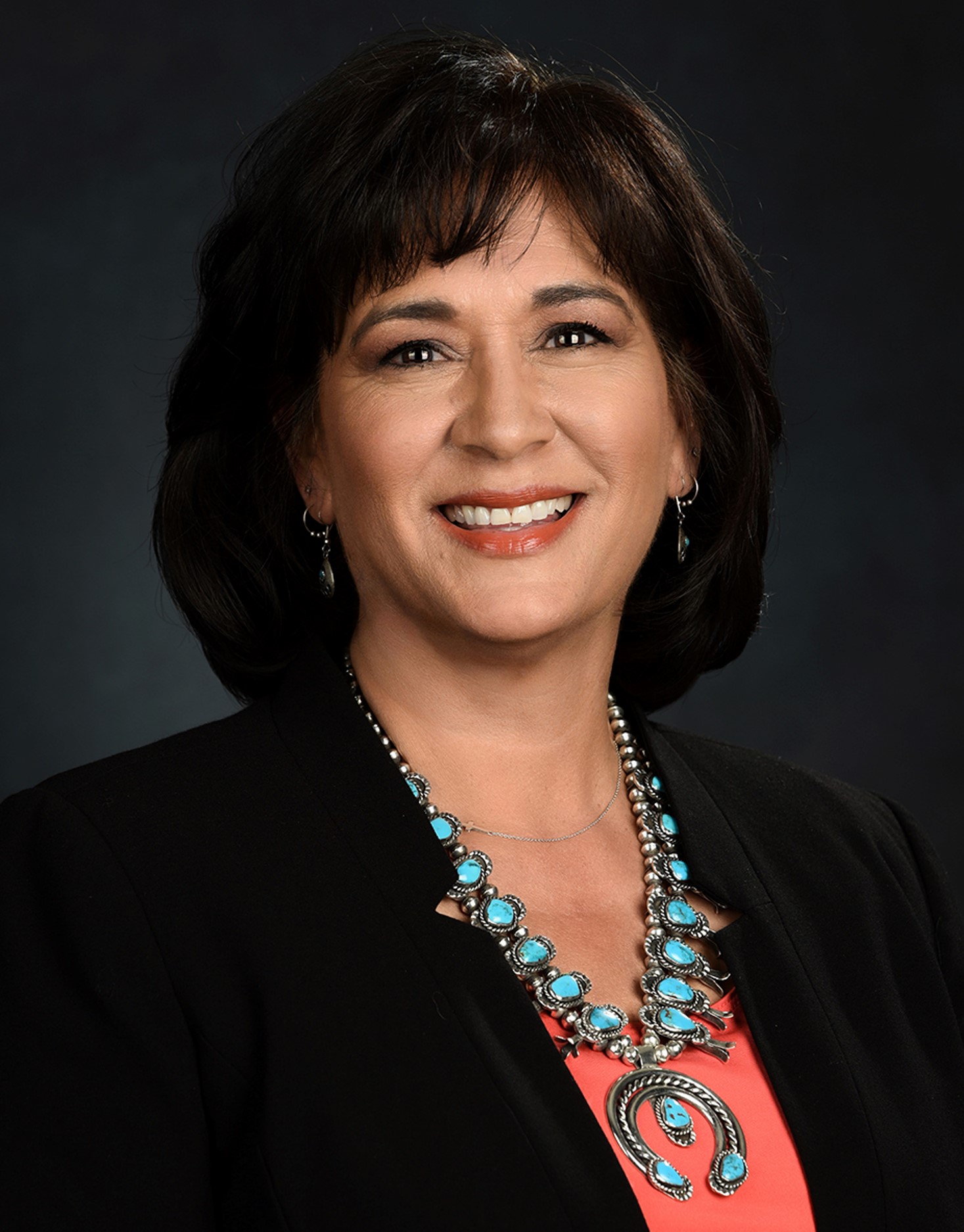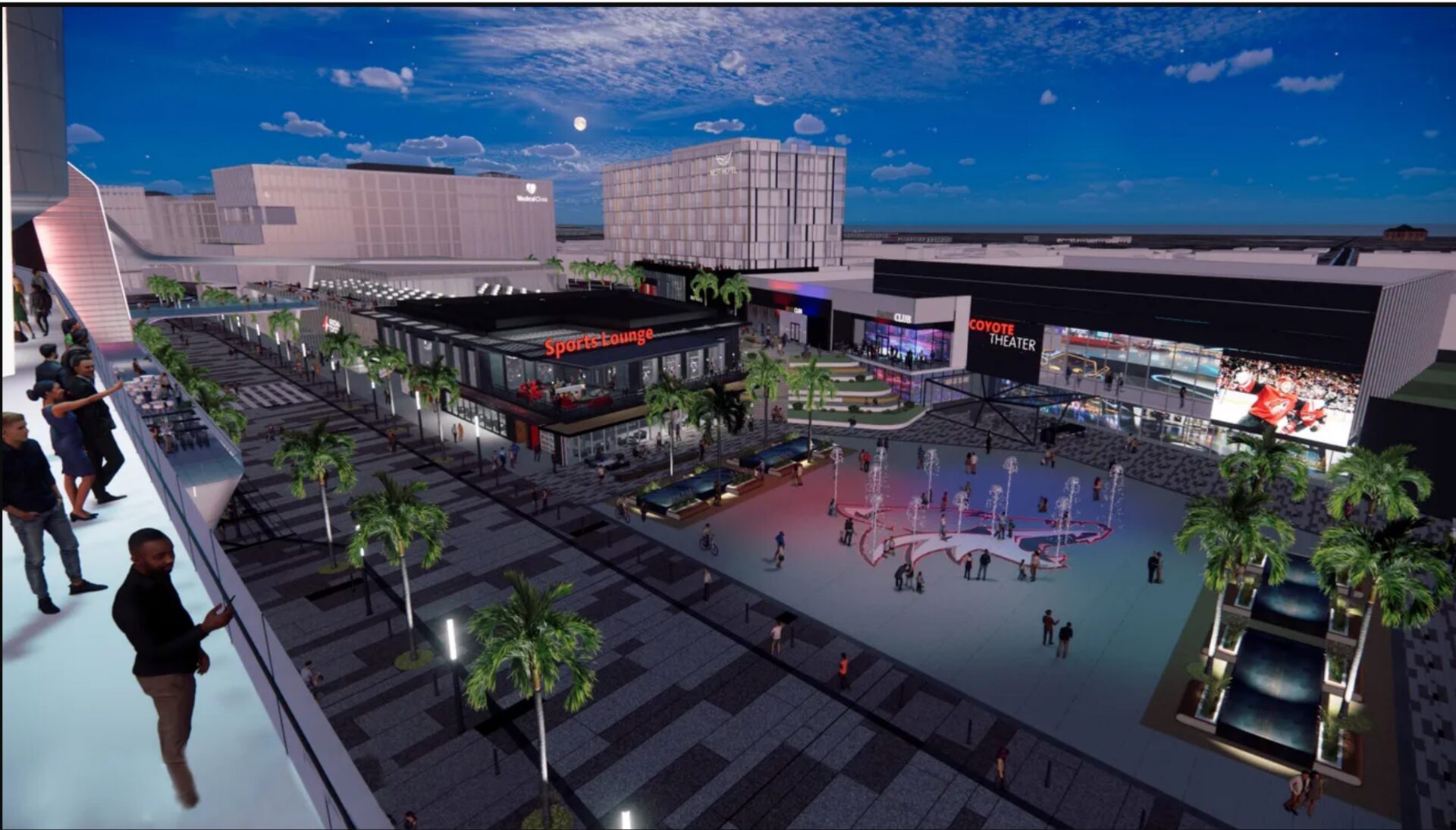
final approval to the development, say Doreen Garlid and Jennifer Adams, South Tempe’s resident City Council members. -– Renderings courtesy of Arizona Coyotes
Tempe’s decision to move forward with the Arizona Coyotes on a proposed $1.7 billion arena-entertainment district development, east of Priest Drive and south of the Salt River, could have repercussions all the way to South Tempe, the area’s two resident City Council members say.
South Tempe’s Doreen Garlid was one of two dissenting votes while Jennifer Adams voted with the majority in the 5-2 decision to proceed with negotiations after an 8-hour meeting June 2 in which 100 people spoke and 220 written statements were read.
The vote to proceed does not ensure that the project will receive final approval from Tempe and be built, both Garlid and Adams emphasized, but it opens the door for more dialogue and negotiation while the team’s developer and the city strive to reach an agreement that could result in a contract.
Adams pointed out that while she voted yes, “This was simply a process vote.”

“It was not a vote for the project itself,” Adams said. “Our rules prevent city staff and city representatives (including City Council) from talking or negotiating any and all aspects of a development without a formal vote to move forward. My vote was to simply bring all the issues surrounding this potential development into the open so we can start a public dialogue about its possible effects on our Tempe communities and businesses. I am looking forward to hearing more from our residents as it now starts to play out in the public arena.”
While the Coyotes say they will pay for the project on 46 city-owned acres that would include a 16,000-seat arena to be the team’s long-term home, 200-room hotel, retail shops, restaurants and 1,680 residential units, there would be ancillary infrastructure expenses absorbed by the city.
The biggest sticking point for Garlid, she said, is a request by the National Hockey League team for a 30-year property-tax abatement.
“I look at it as people who use the arena or events on that property will be driving on our streets, with our police officers directing traffic, and using city infrastructure and resources, and we’re giving out those services without taking any money back in,” Garlid said. “With the tax abatement, we’d end up not putting money into our General Fund to go back into paying for these things. That affects all of our residents, including South Tempe. I have a 4-month-old grandson. He’d be 30 when the tax abatement ends. For me, I look at it in those simple terms.

“If we’re putting out money and the city is not getting money back in, something else will have to give in the city budget, and that can impact South Tempe.”
The flip side would be an influx of jobs and sales-tax money from the development that could be an astronomical benefit to the city if Coyotes’ projections are accurate. They say that over the first 30 years, the development would bring Tempe $13 billion in economic impact, $215 million in sales tax and 7,000 new jobs.
Garlid and Adams vowed to remain open minded as negotiations move forward and more information is gleaned by the city.
During the June 2 marathon meeting, there was strong support for the project from the large crowd, many tired of driving cross-Valley to Glendale to watch hockey.
There also were concerns expressed by many about the financial condition of the Coyotes. Team owner Alex Meruelo said he would put up $40 million in non-refundable earnest money to start remediation of the site – a former landfill – and pledged $2.1 billion in real estate as collateral for the bonds.
Phoenix Sky Harbor International Airport officials, while not opposing the project, said they are uneasy about it, especially the residential portion, because of noise. The project would be roughly 10,000 feet east of the airport’s runways.

A sports book is proposed as part of the development, which could negatively impact nearby Native American tribes that have similar amenities.
Barb Harris, a Tempe neighborhood advisory commission member, lives essentially across the street from the site and is uneasy about traffic volume.
“This specific area just isn’t viable for the amount of traffic it could generate,” Harris said. “Right now, events at Tempe Town Lake cause quite a lot of traffic backups along Rio Salado, and those are just a fraction of what a hockey game may produce. I can’t even image 16,000-20,000 at a game or concert. Where are they going to go if it’s so backed up they can’t get off the freeway at Priest? The thousands of us living within a half a mile of this development will be cursed with traffic jams and noise.
“I have faith in our City Council and staff that they will do all they can to investigate and give us all more answers.”

